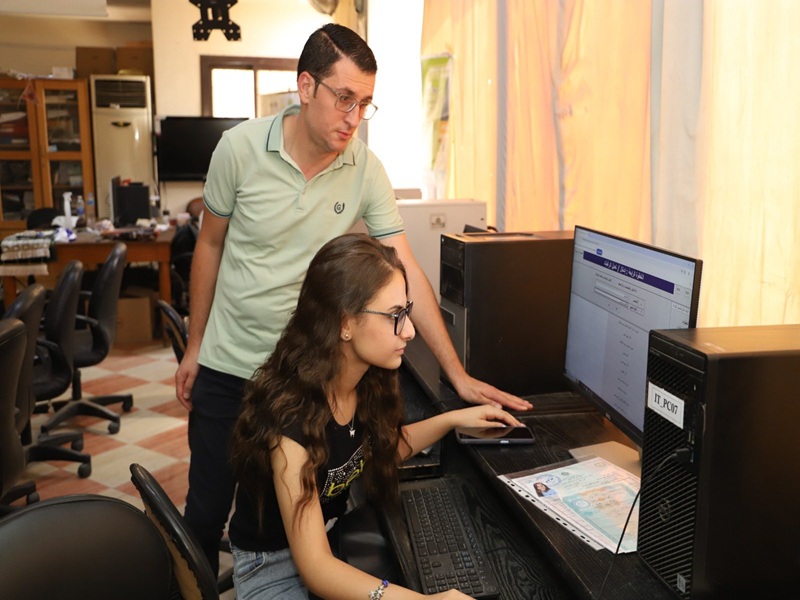Over one thousand students flocked to the electronic coordination labs at Ain Shams University by the end of the first day of Phase One of the university admissions process
Under the patronage of Prof. Mohamed Diaa Zain El-Abedeen, President of Ain Shams University, and the supervision of the Education and Student Affairs Sector along with the General Administration of Education and Student Affairs, the first day of the electronic university admissions for the 2025/2026 academic year concluded successfully across the university’s various coordination labs.
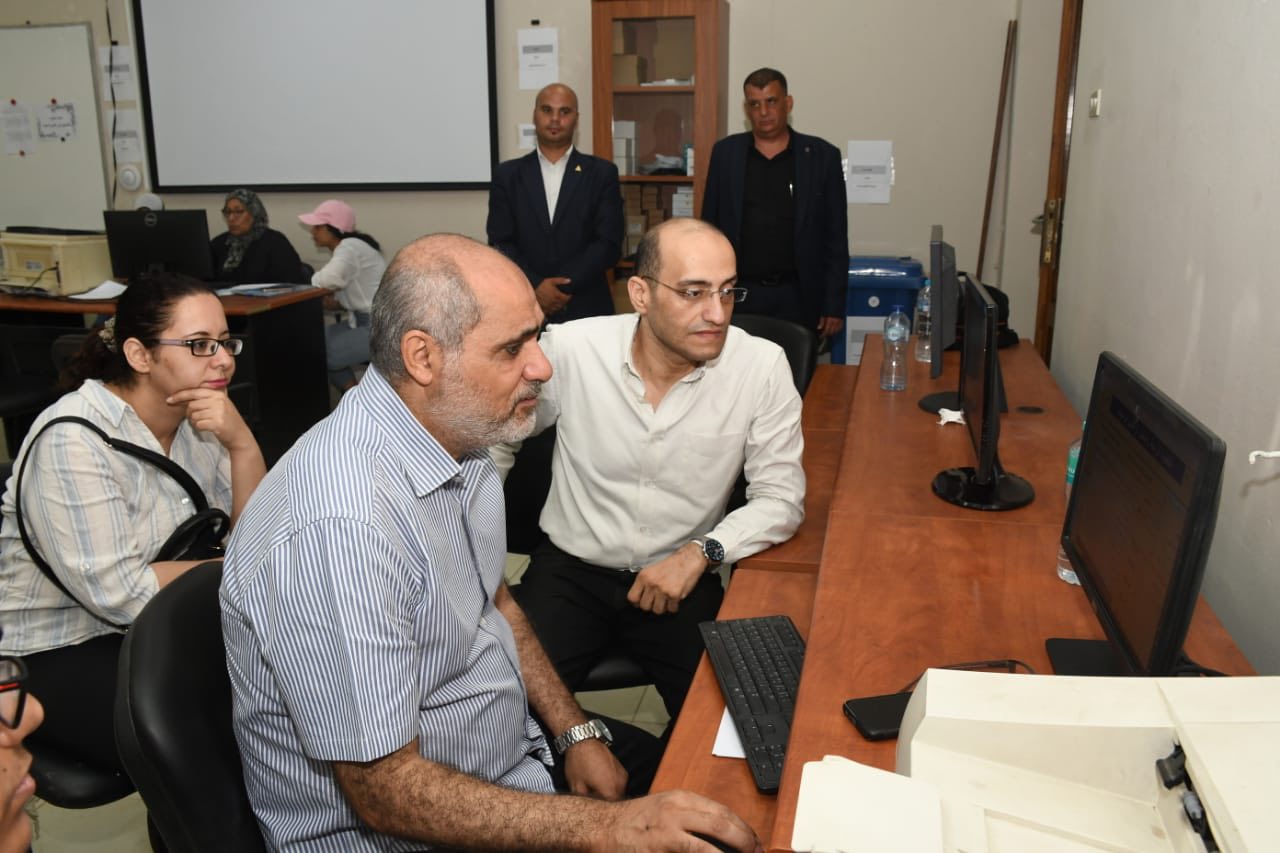 |
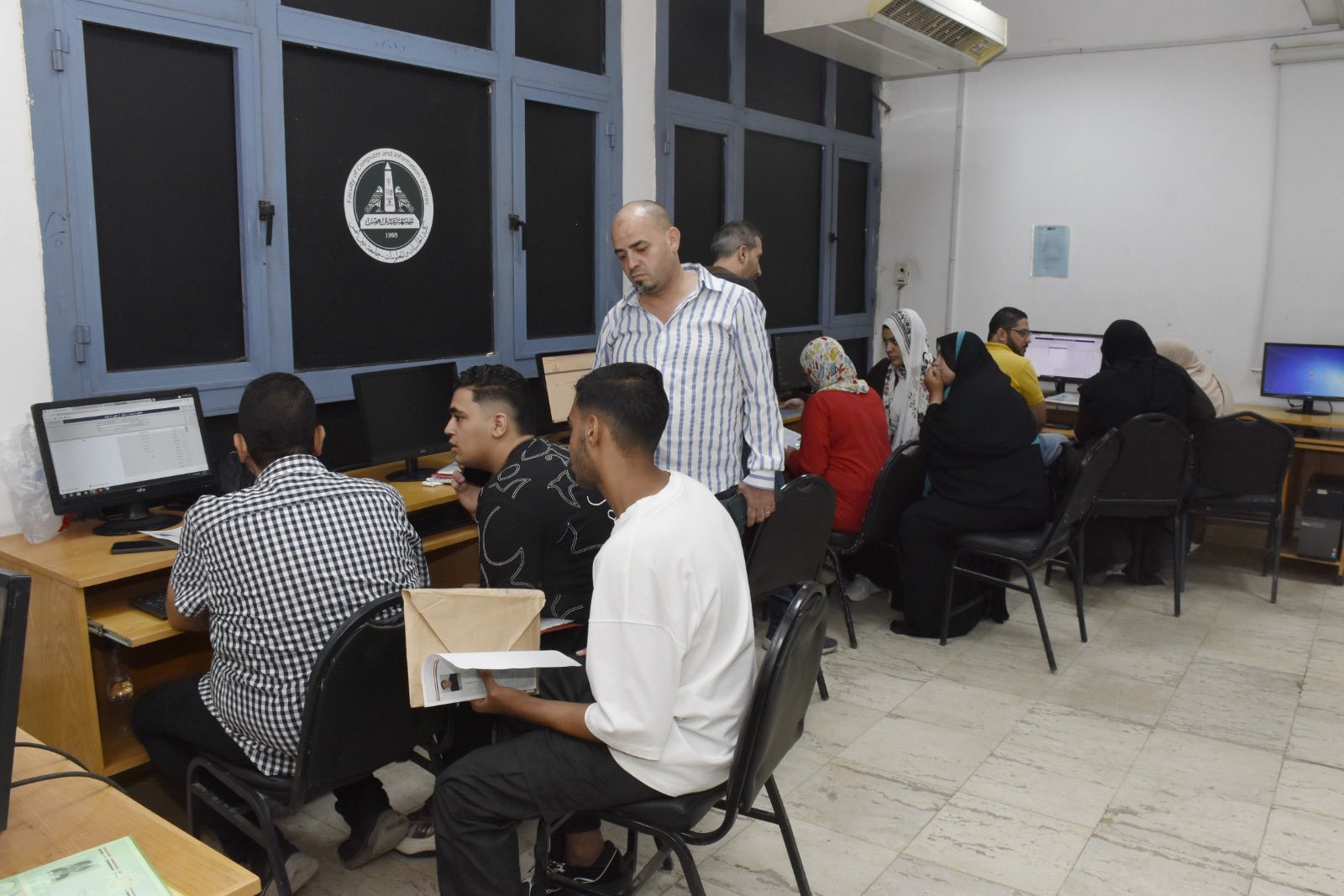 |
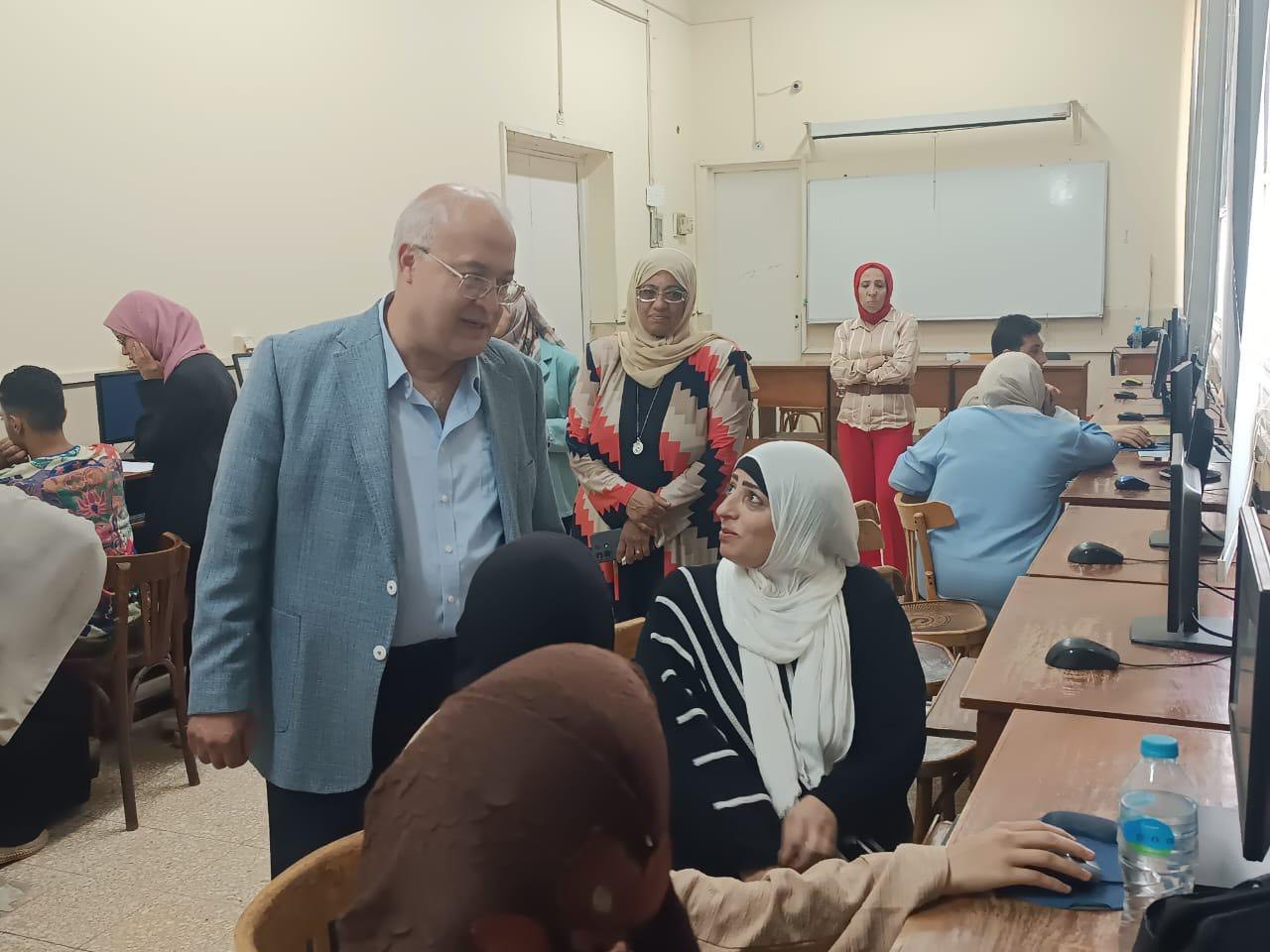 |
||
More than 1,000 students holding high school certificates visited Ain Shams University’s 14 coordination labs, which are equipped with a total of 310 computers. These labs are located at the Faculties of Computers and Information Sciences and Arts on the Abbassia main campus, the Faculty of Agriculture in Shubra El Kheima, the Faculty of Girls in Heliopolis, and the Faculty of Engineering in Abdo Basha, Abbassia. In addition, specialized labs were made available for students with disabilities at the Faculties of Arts and Computer and Information Sciences.
Students were received throughout the designated hours set by the Ministry of Higher Education, from 9:00 AM to 3:00 PM, to complete their university application procedures.
Prof. Mohamed Diaa confirmed that the coordination labs will continue operating throughout the admission period. He noted that the facilities are fully prepared and equipped with over 300 up-to-date computers. Specialized staff are on hand to provide students and their families with the necessary information—without interfering with their choices—as well as trained technicians to handle any technical issues that may arise, whether with the computers or the internet.
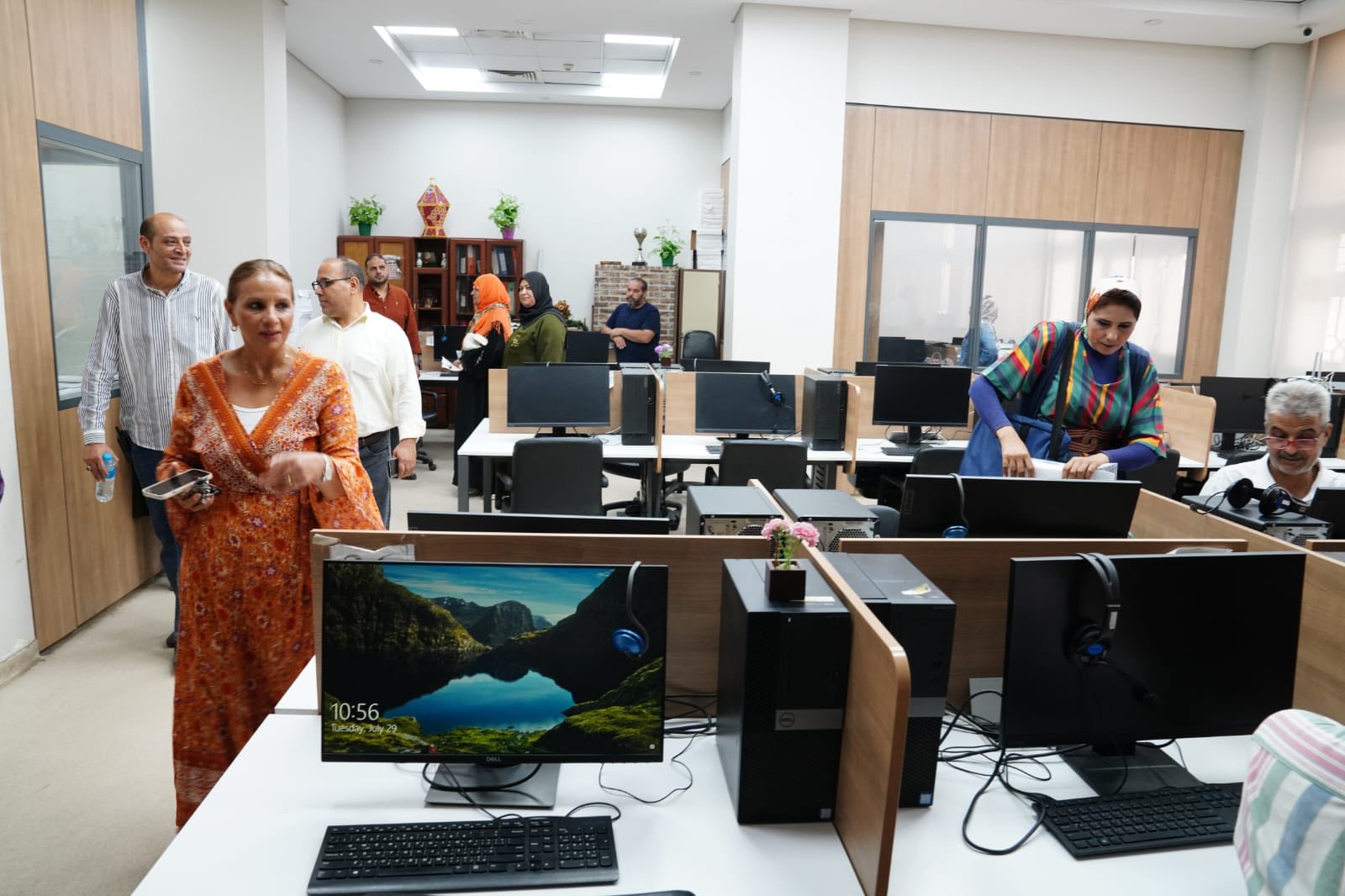 |
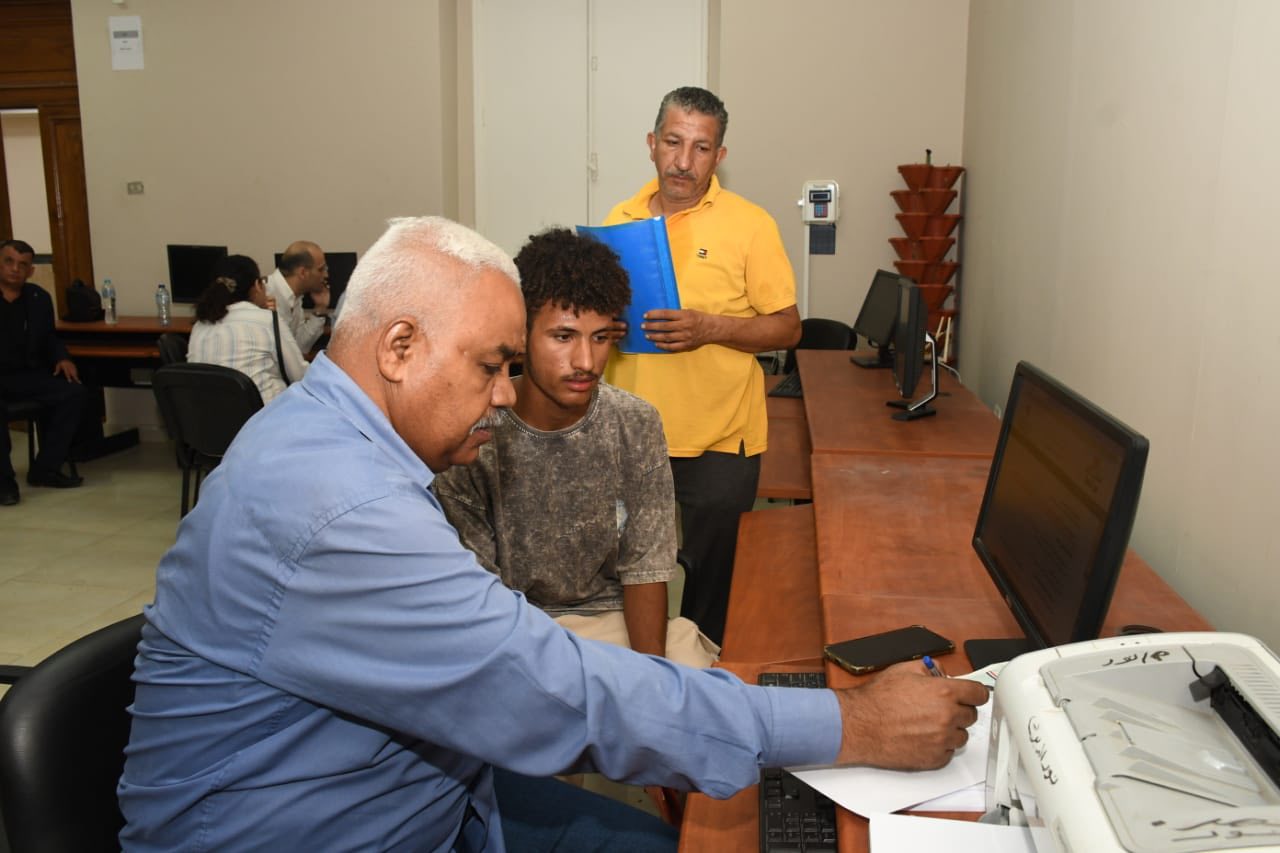 |
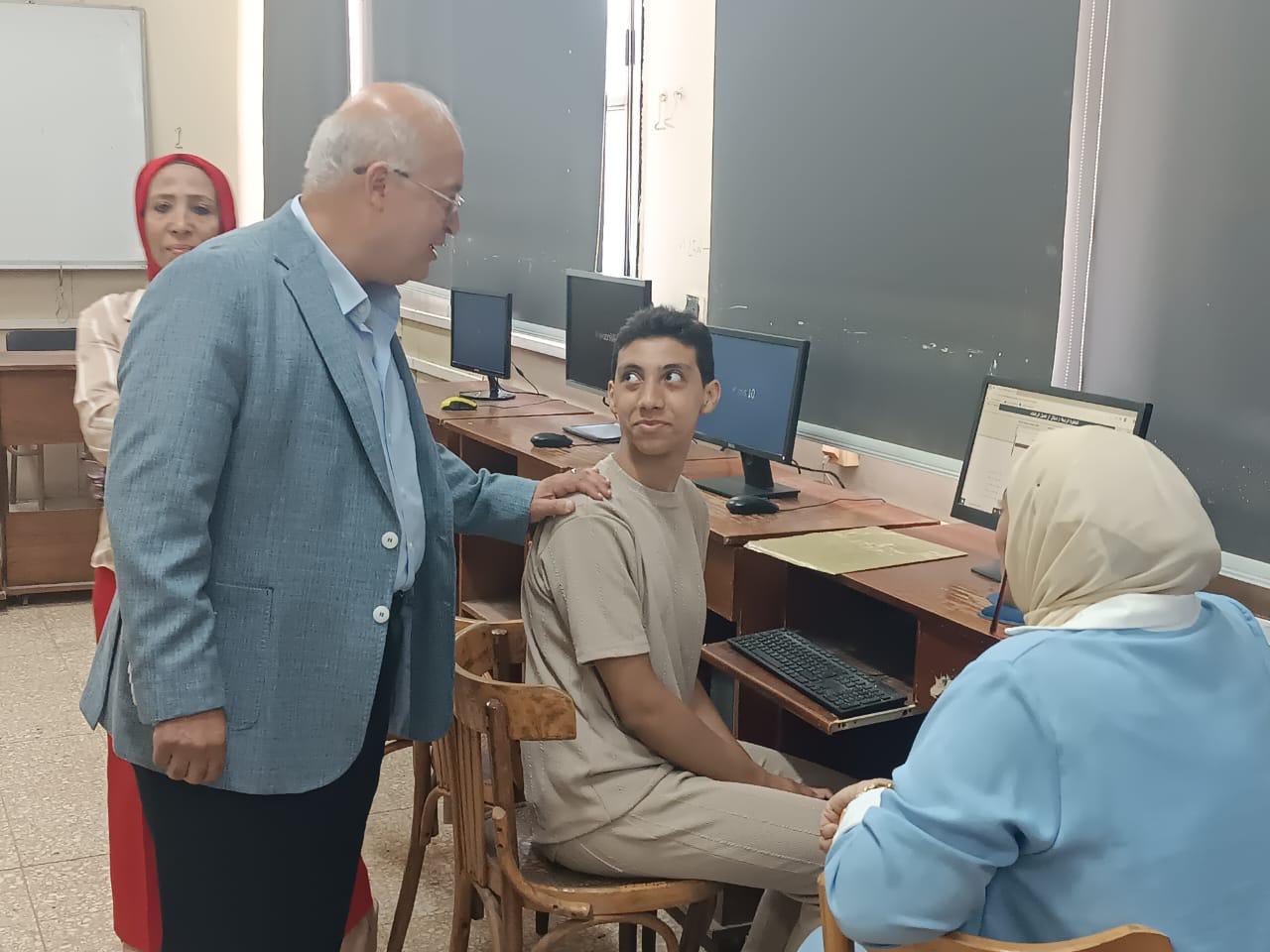 |
||
Prof. Diaa also directed the Education and Student Affairs Sector to ensure full preparedness and continuous follow-up to guarantee the smooth operation of the coordination labs across the university. The goal is to provide comprehensive logistical support and services for students and their parents throughout the coordination period until all phases are completed.
The Ministry of Higher Education and Scientific Research had earlier announced the minimum entry scores for Phase One of the admissions process. For the science stream, students scoring 293 marks or above (91.56% or higher) are eligible, representing 21,853 students. The engineering stream has a threshold of 283 marks or above (88.44%), covering 16,577 students. For the humanities stream, the minimum required score is 233 marks or above (72.81%), comprising 54,073 students.
Phase One of the coordination processes is scheduled to continue until Saturday, August 2, 2025.
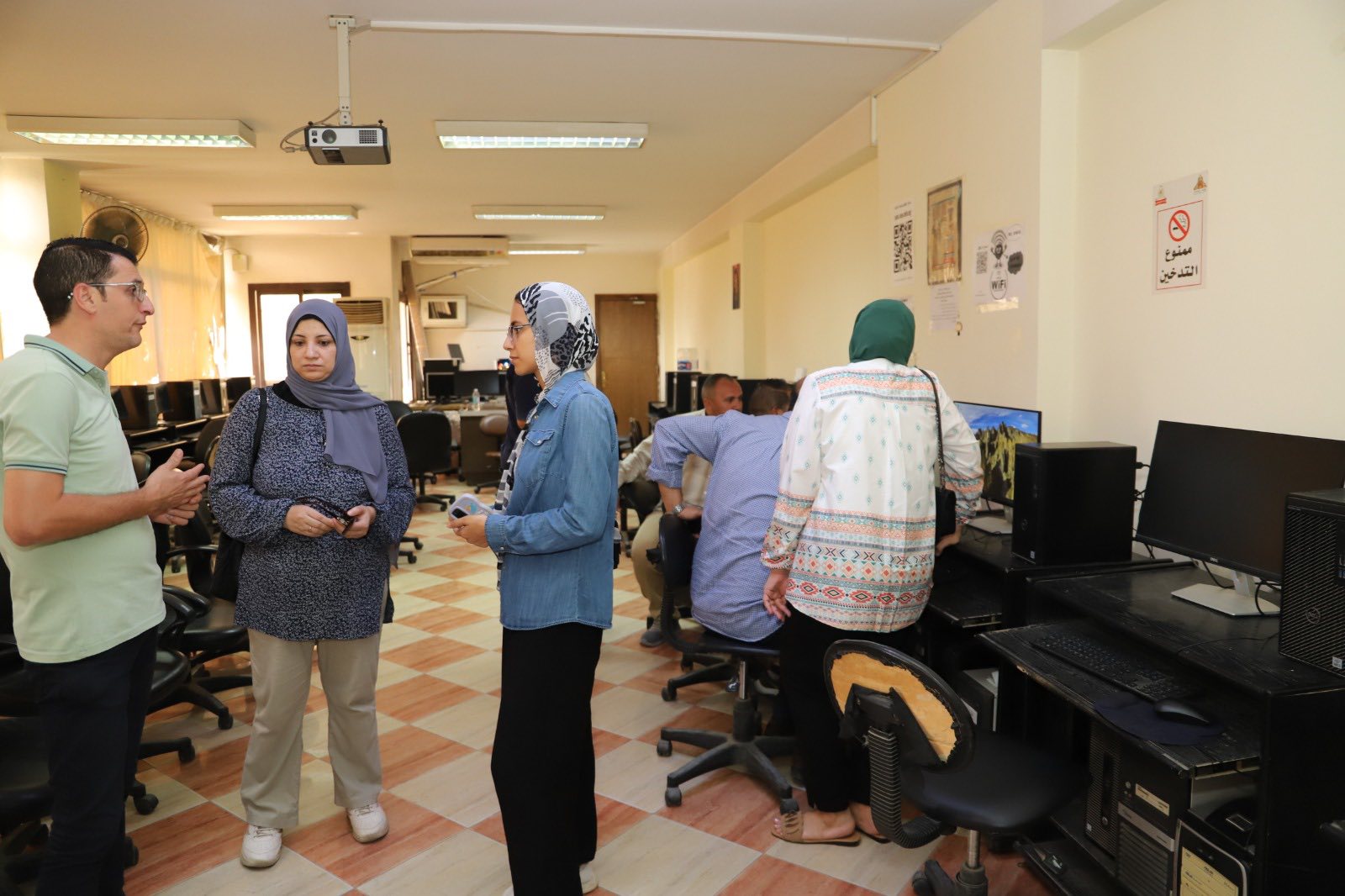 |
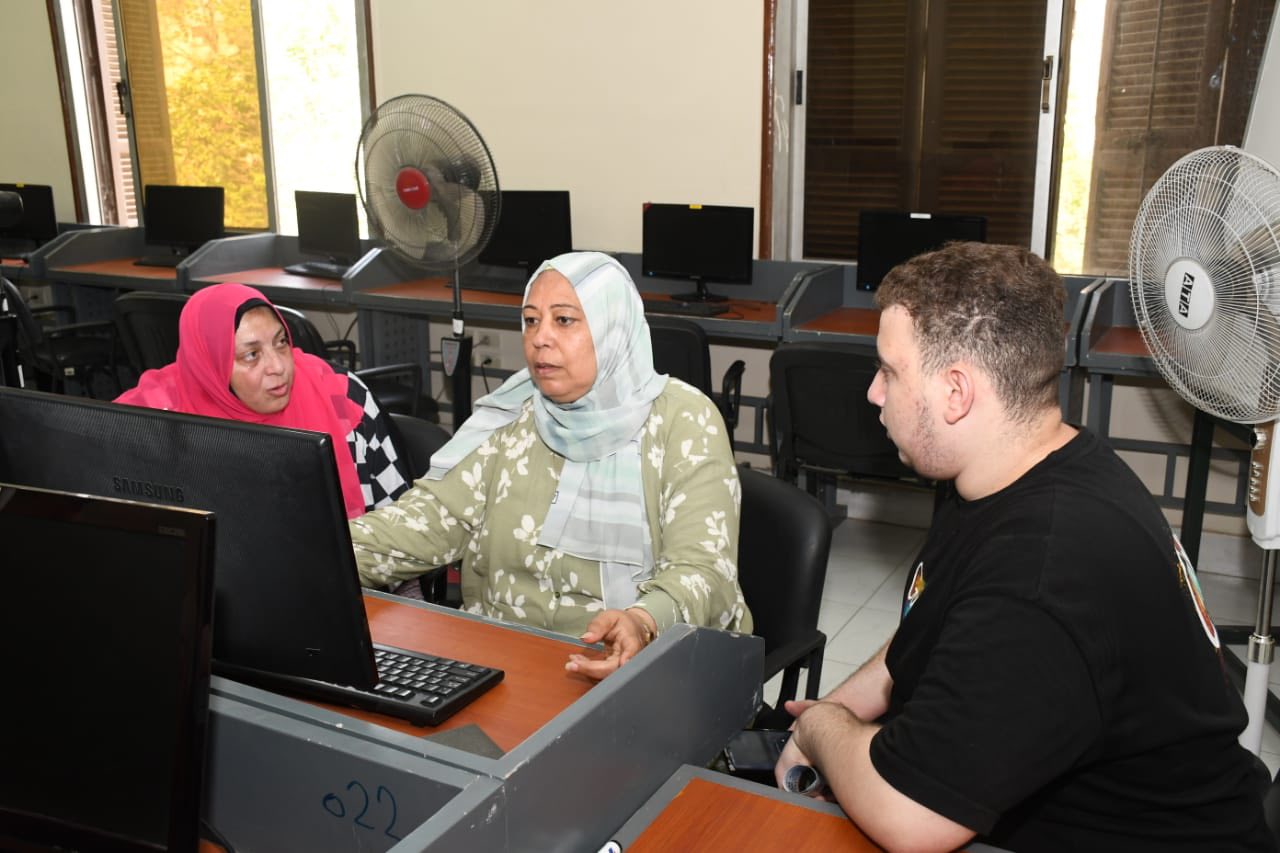 |


.svg)

